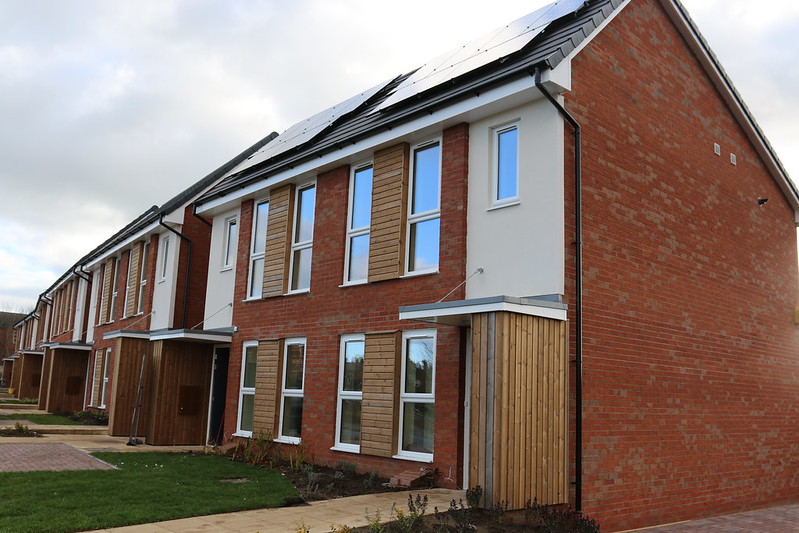The latest data shows that 2.4m households are classed as being in fuel poverty in England.
This represents 10.3% of the population, which is down 0.7 percentage points from the previous figures.
The figures are based on the “old” definition of fuel poverty and not the one recommended by the End Fuel Poverty Coalition in its response to the fuel poverty strategy consultation.
Therefore, the numbers should be treated as an under-estimate of the scale of the problem.
Additionally, the Government has admitted that it does not have enough information to develop assumptions about the impact of Covid-19 on the numbers of households in fuel poverty.
Reports suggest that domestic energy use has increased 15% in the UK during lockdown and the huge increase in the number of people applying for Universal Credit suggest that many more may be struggling with their energy costs.
Adam Scorer, Chief Executive of fuel poverty charity National Energy Action which is a member of the End Fuel Poverty Coalition, said:
Every year around 10,000 people die directly as a result of a cold home. Many thousands more who cannot afford to keep their homes warm are hospitalised, suffer from a severe respiratory condition or just shiver in damp, cold homes.
Over the last decade more than 100,000 people in the UK have lost their lives to a cold home. It is chronicled each year in official excess winter death statistics. Unless the numbers are exceptional, that annual figure seems to be regarded as not ‘excessive’ at all, but within the bounds of some perverse statistical acceptability.
The impact of Covid-19 is truly horrific. But we have been fortunate that, so far, the virus has struck hard during warmer weather. The possible coincidence of a further wave in a cold winter should make us think long and hard about the steps we need to take to avoid the deadly collision between Covid-19 and fuel poverty related mortality.
Among the many policy decisions delayed due to the coronavirus response are new Fuel Poverty Strategies, decisions on the main fuel poverty programmes and the centrality of domestic energy efficiency within an infrastructure strategy. The delay is understandable, and if used to make the hard connection between cold homes, ill health and vulnerability to early death, that delay could be beneficial.
Cold homes create underlying medical conditions. They take thousands of lives. Deaths and suffering from fuel poverty are not novel, unimaginable or unprecedented. It is an annual catalogue of failure, as society and successive governments to protect the most vulnerable. We know the cause, the scale and the consequence. We know the solutions. At this precise moment we should be more alert to these issues than ever before.

